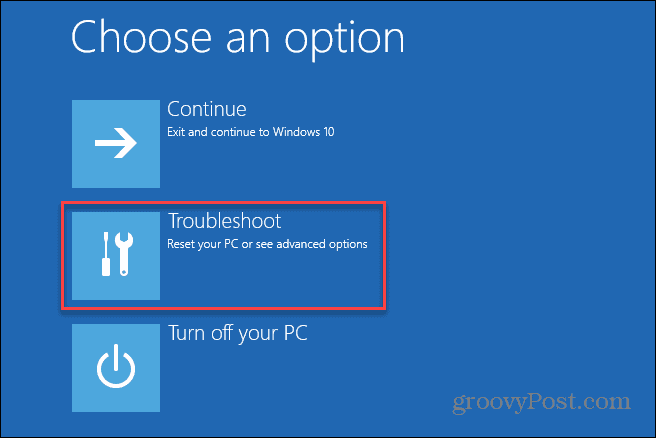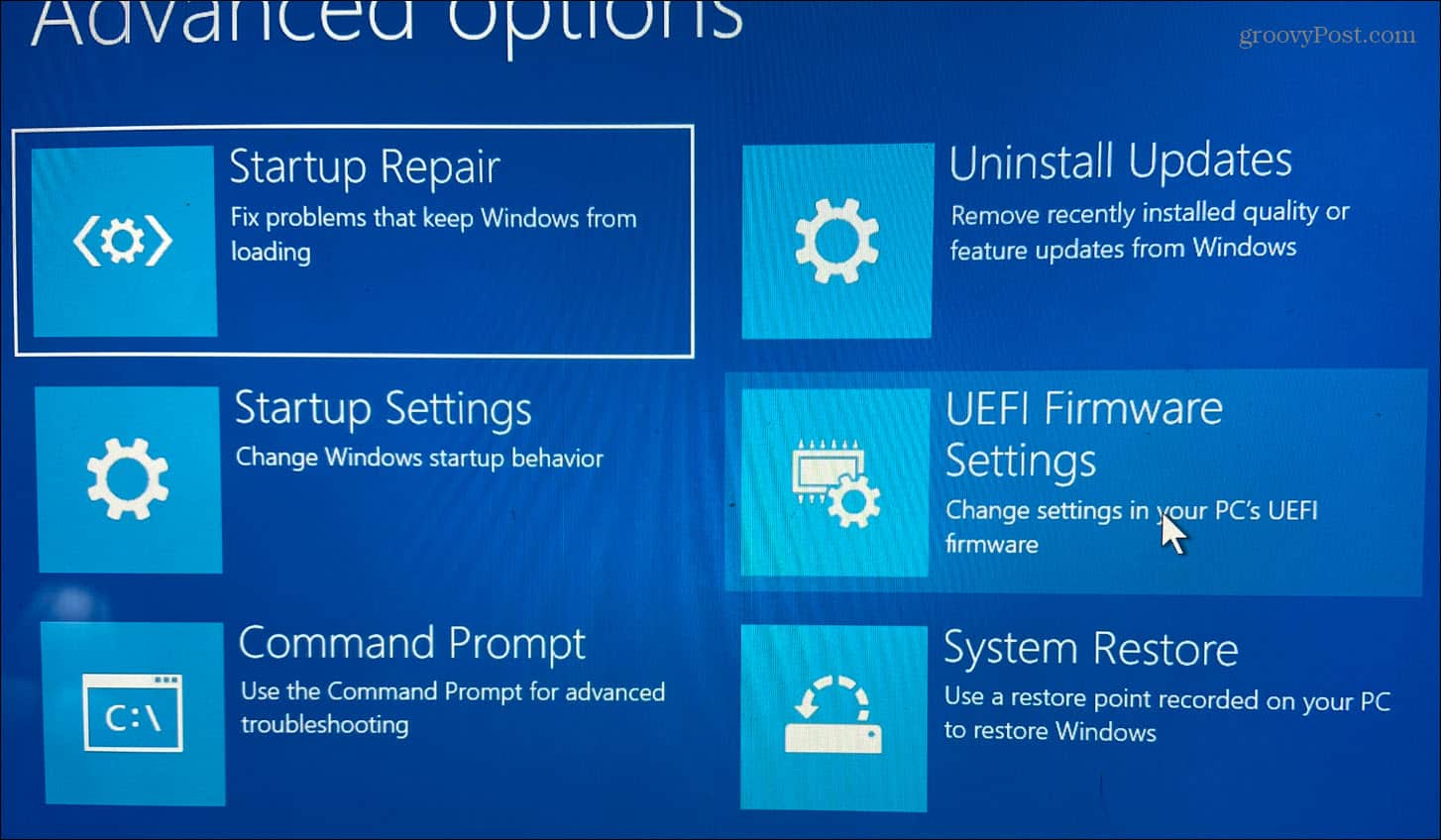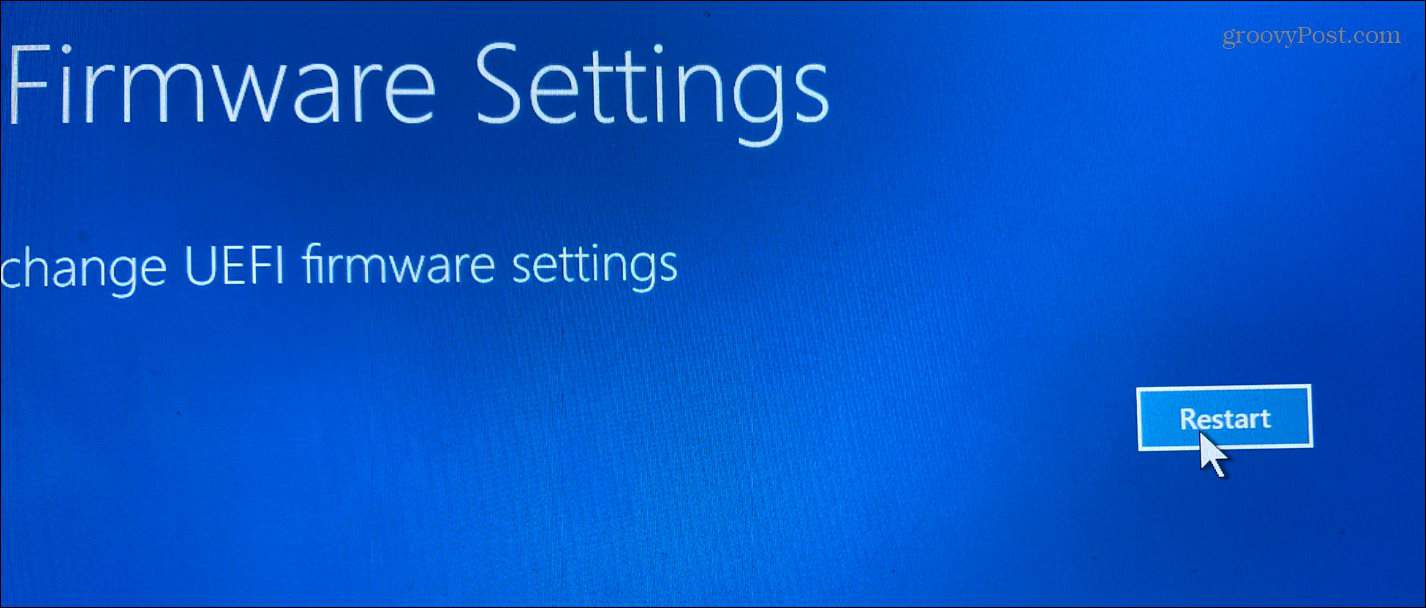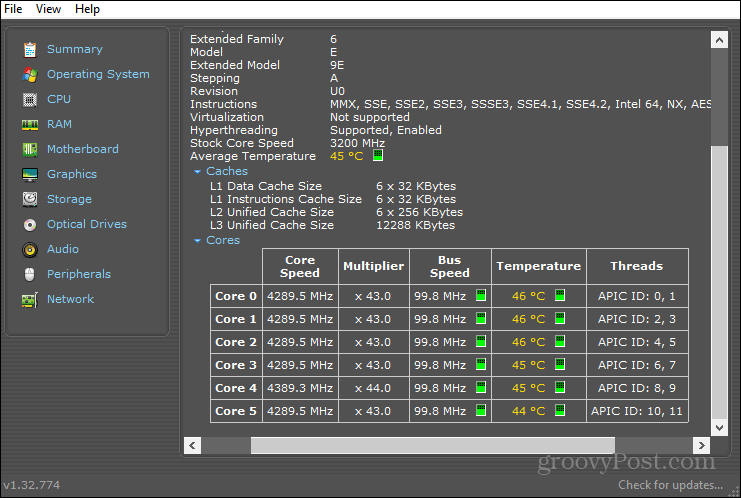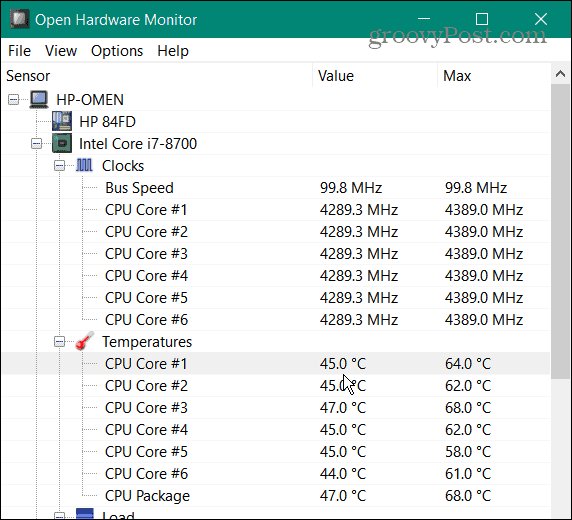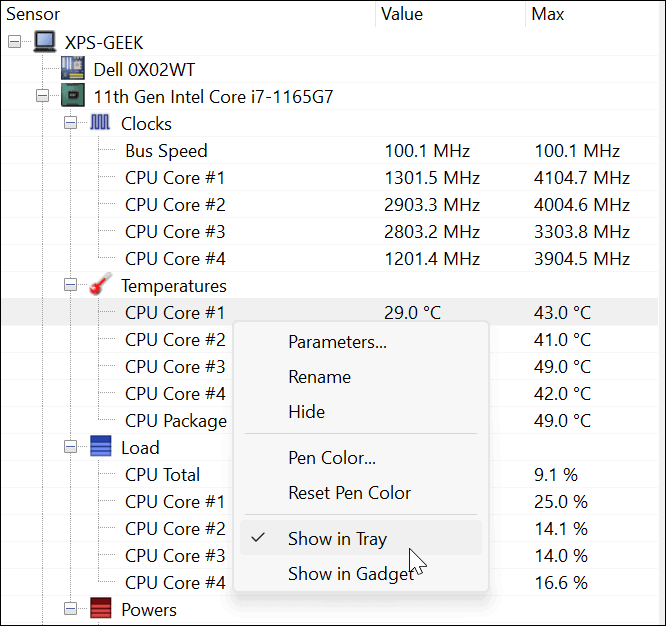It’s important to monitor your PC’s CPU temperature to check that you’re not overworking it. If you’re a gamer, designer, or run several heavy-duty apps simultaneously, you can overwork your CPU. You can try a few easy steps to cool down your CPU. For example, if your CPU gets too hot, you can kill a few processes in Task Manager. If it continues to run hot, blow out the dust in the case, make sure fans are working, and consider investing in a better cooling system. You’ll need to know the CPU temperature first, however. Here are a few methods to help you check CPU temperature on Windows 11.
Check CPU Temperature on Windows 11
You can check your CPU temp from within your system’s BIOS/UEFI menu. To check your CPU temperature from the BIOS/UEFI: Each BIOS/UEFI differs—some don’t include the CPU temp, so look under the CPU or Processor category. If you can’t find your CPU temperature in your BIOS/UEFI menu, you can use a third-party app instead.
How to Check CPU Temperature on Windows 11 Using a Third-Party App
One of the easiest free apps for checking your system’s hardware is Speccy. Speccy is the software brought to you by Piriform, who develops CCleaner. To check your CPU temperature with Speccy:
Use Open Hardware Monitor to Check CPU Temp
If you prefer a utility that looks mainly at the CPU, check out Open Hardware Monitor. Use the following steps to use Open Hardware Monitor: In addition to the CPU temperature, it monitors your graphics card GPU temp, voltages, and system fan speed. It’s a great tool if you need to keep an eye on all your system temperatures.
Monitoring CPU Temperatures on Windows 11
Windows 11 doesn’t have a tool that monitors your CPU temperature in real-time, and you’re not going to want to enter the UEFI/BIOS all the time to check it. Fortunately, there are decent free utilities available if you want to check CPU temperature on Windows 11. There are a few other utilities out there that will display the CPU temperature, but you need to be careful with what you use. Core Temp, for example, tries to install a game you don’t want on your PC during installation. Others are for specific processors, like Ryzen Master, which is just for AMD Ryzen CPUs. If you’re not on Windows 11 yet, check out how to monitor CPU temperature on Windows 10. It’s also worth noting that you can check the overall performance of Windows by running a system performance report. Comment Name * Email *
Δ Save my name and email and send me emails as new comments are made to this post.
![]()


